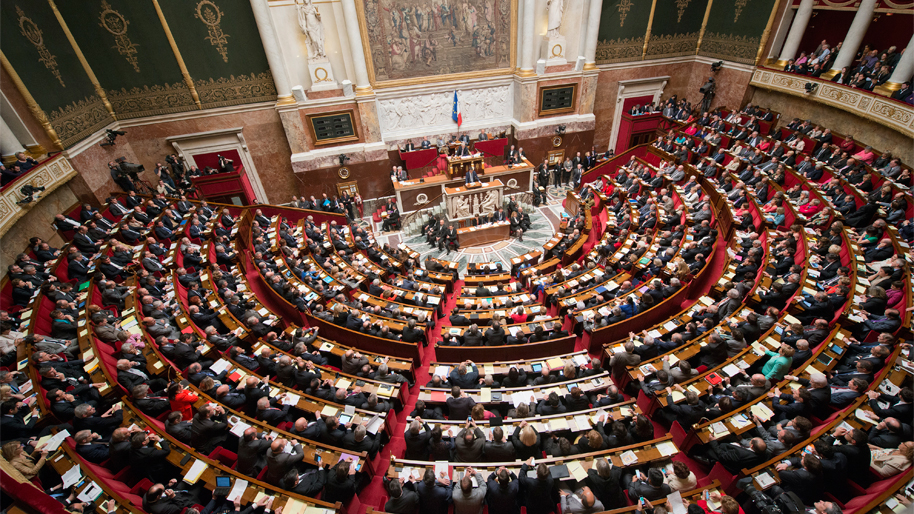
Clément Gras
PhD student
Paris School of Economics, EHESS
Campus Jourdan – 48, boulevard Jourdan 75014 Paris
4th floor
- Competition Policy
- Contract Theory and Mechanism Design
- Organization economics
Thesis Supervisor: Tropeano Jean-Philippe
Academic year of registration: 2019/2020
Thesis title: Essais en théorie des contrats et économie de la régulation : étude de la transformation digitale
Research
Working Papers
Hybrid Platform Screening with Guillaume Thebaudin
Abstract
Online marketplaces commonly employ a hybrid business model, wherein they are vertically integrated and sell their own products competing with third-party sellers on their platform. Free entry of these sellers may lead to the presence of harmful and illegal products, which consumers are not able to differentiate from safe ones. We extend the model of Anderson and Bedre-Defolie (2021) allowing the platform to invest in screening of sellers to remove illegal third-party products. We find that seller screening has an ambiguous effect on entry on the platform, and a condition for a platform to engage in screening is that it accommodates entry. Also, we find that more integrated platforms tend to screen less. Moreover, a platform conducting seller screening sets higher commission fees, the level of which can decrease in platform's degree of vertical integration in contrast with previous literature. From a welfare perspective, platforms invest too little in screening as compared to social optimum, and a regulation mandating higher screening intensity has an ambiguous effect on consumers’ surplus.
> Draft available on request! !

*Presented at internal seminars at Télécom Paris and Paris School of Economics, regulation and environment seminar at Paris School of Economics, EARIE 2023, CRESSE 2023 and AFREN (AFSE 2023)*
Advising Busy Decision Makers: Incentives in Costly Communication Settings
Abstract
We consider a principal-agent setting where perfect information is available yet never desirable. Modeling communication as a channel with an endogenous bit capacity, this article explores how constraints on message sets distort players' strategies. We prove the existence of an optimal mechanism that leads to the transmission of noisy yet truthful signals that enhance information quality while mitigating costs. The interactions between communication and incentive constraints create a moral hazard problem over the use of the channel. This induces a sub-optimal investment in communication and creates a setting similar to cheap talk with rational inattention when the principal is unable to commit. Our results suggest that simplicity matters more than precision when advising an overloaded decision-maker.
> Draft available on request! !

*Presented at internal seminars at Télécom Paris and Paris School of Economics, IOEA 2022, more presentations to come*
Work in progress
Who lays down the law? Informational lobbying in the French assembly with Rosanne Logeart
Abstract
This article delves into the intricate realm of informational lobbying within the French legislative process, aiming to comprehend its pivotal role. Leveraging a novel dataset compiled from open data originating from the French legislative chambers and the public transparency authority (HATVP), we undertake a meticulous analysis. By matching these datasets, we analyze amendments’ textual content alongside 69,763 declarations of interest representation activity. This approach enables us to uncover the influence of informational lobbying on legislative content and its relative success. We assess how parliamentarians’ resources, past experience, and ideology influence their dependence on lobbying efforts..
> Draft coming soon! !

